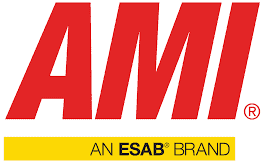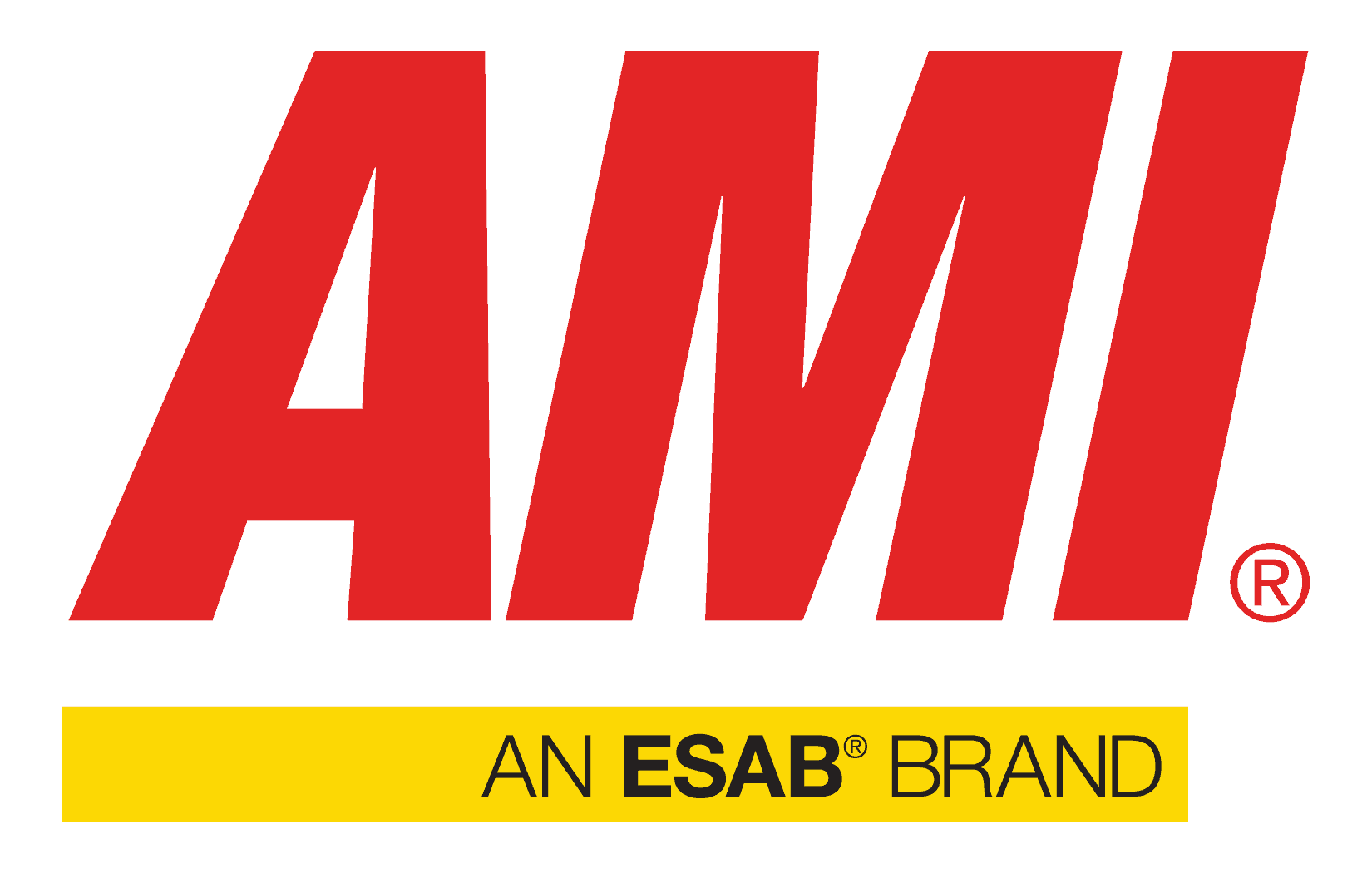Advances in health care treatment over the past half-century are nothing short of amazing. We have eradicated diseases like polio from most of the world—once one of the most debilitating maladies. And the number of overall deaths from cancer continues to decline. Many people, including research and development (R&D) professionals and medical practitioners, are responsible for these accomplishments. However, innovative medical devices and increasingly more effective pharmaceuticals have also been instrumental.
Our reliance on pharmaceuticals for daily health regimens—as well as life preservation and extension—requires production at large factories that must be able to efficiently and safely store, process, and distribute large volumes of fluids, capsules, and tablets. The primary consideration when manufacturing these products is safety: both for consumers and facility personnel. In addition to pressure vessels, pharmaceutical production systems are comprised of sanitary tubes and piping that must satisfy pharmaceutical welding standards to meet consumer and worker protection requirements.


